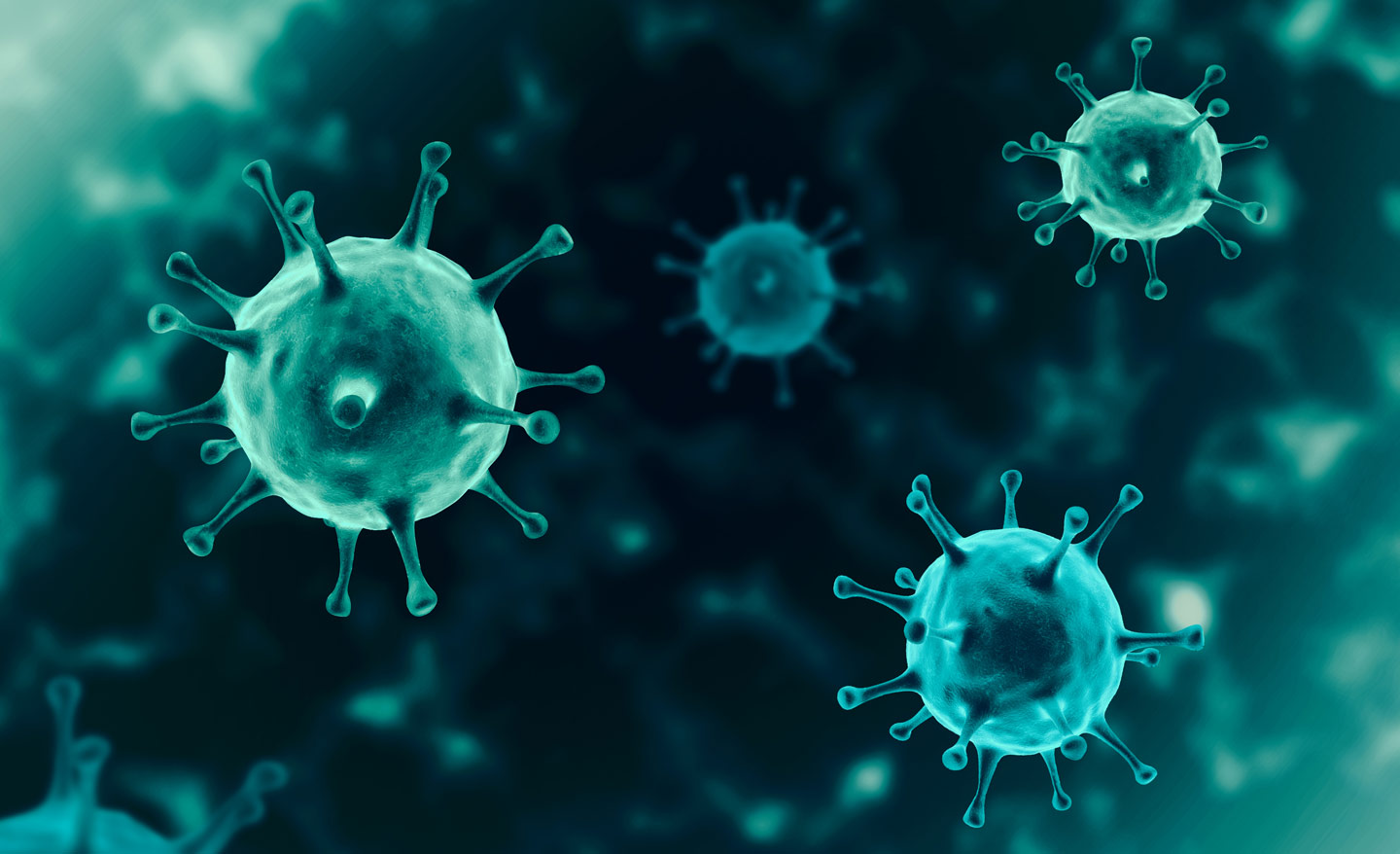Disease Control
Stephanie Hackett ’09 shapes public health decisions.
Usually, Stephanie Hackett ’09 spends at least a quarter of her time traveling around the world.
An epidemiologist at the Centers for Disease Control and Prevention (CDC) based in Atlanta, Georgia, she specializes in pediatric and adolescent HIV care and treatment. She visits some of the 50 countries that receive support from the President’s Emergency Plan for AIDS Relief (PEPFAR), helping local country offices and ministries of health scale up pediatric and adolescent HIV testing and treatment.
Now, like so many of us, Hackett is working mostly from home.
“With the current travel restrictions, I can no longer work in person with my colleagues around the world,” she says. “The CDC has moved meetings and communication largely to virtual platforms to still provide effective and personal public health expertise.”
That may be more important than ever for the vulnerable populations Hackett serves. Over the last few weeks, her work has shifted significantly as she tries to mitigate the impact of the COVID-19 pandemic on HIV-infected children and their families.
“Not only do people who are HIV-positive deal with the risk of getting COVID-19, they also deal with the effects that COVID-19 can have on their ability to access HIV care, such as lack of public transportation to clinic visits, difficulty maintaining social distancing at health care facilities, or potential medication shortages if global supplies are affected,” Hackett says.
Launched by U.S. President George W. Bush in 2003, PEPFAR is a U.S. governmental initiative that addresses the global HIV/AIDS epidemic and works to save the lives of those suffering from the disease. Since its inception, it has provided more than $80 billion in funding for HIV/AIDS treatment, prevention and research, making it the largest-ever effort by any one nation to address a single disease.
Now, PEPFAR is addressing one disease while dealing with another.
“I now serve as the pediatric and adolescent COVID-19 point-of-contact within my CDC division to help ensure HIV-positive pediatric and adolescent populations are being considered and planned for in the PEPFAR COVID-19 preparation and response efforts,” Hackett says. “This means daily communication within and across agencies to discuss and distribute the latest information and recommendations related to COVID-19.”
At Conn, Hackett majored in biology, minored in Latin American studies and was a scholar in the Holleran Center for Community Action. She then went on to earn a Master of Public Health and a Master of Medical Science from Emory University. She served for nearly five years as a pediatric infectious disease physician assistant for the Atlanta, Georgia-based Grady Health System, providing comprehensive HIV/AIDS
and pediatric primary care to HIV-infected children and young people from birth to age 25, before joining the CDC in 2017.
She still works one day a week treating HIV-positive children and teens at Grady Hospital’s Ponce De Leon Center.
“These visits have also largely shifted to telemedicine to limit our patients’ potential exposure to COVID-19,” she says.
Like so many working parents, Hackett is also homeschooling her two young children. It’s a lot for anyone to handle, but Hackett says her work is exciting and rewarding.
“I love using my clinical skills as a physician assistant as well as my background in global public health on a daily basis and in a variety of ways throughout the agency to do my part in responding to this pandemic,” she says.
As the pandemic evolves, so might Hackett’s role. The CDC’s 24/7 emergency operations center, which has been coordinating the COVID-19 response, is largely staffed by CDC employees who have volunteered for the mission. Hackett has volunteered, and is ready to serve when necessary.
“I am prepared to deploy fulltime to support the COVID-19 response for as long as may be needed,” she says.
